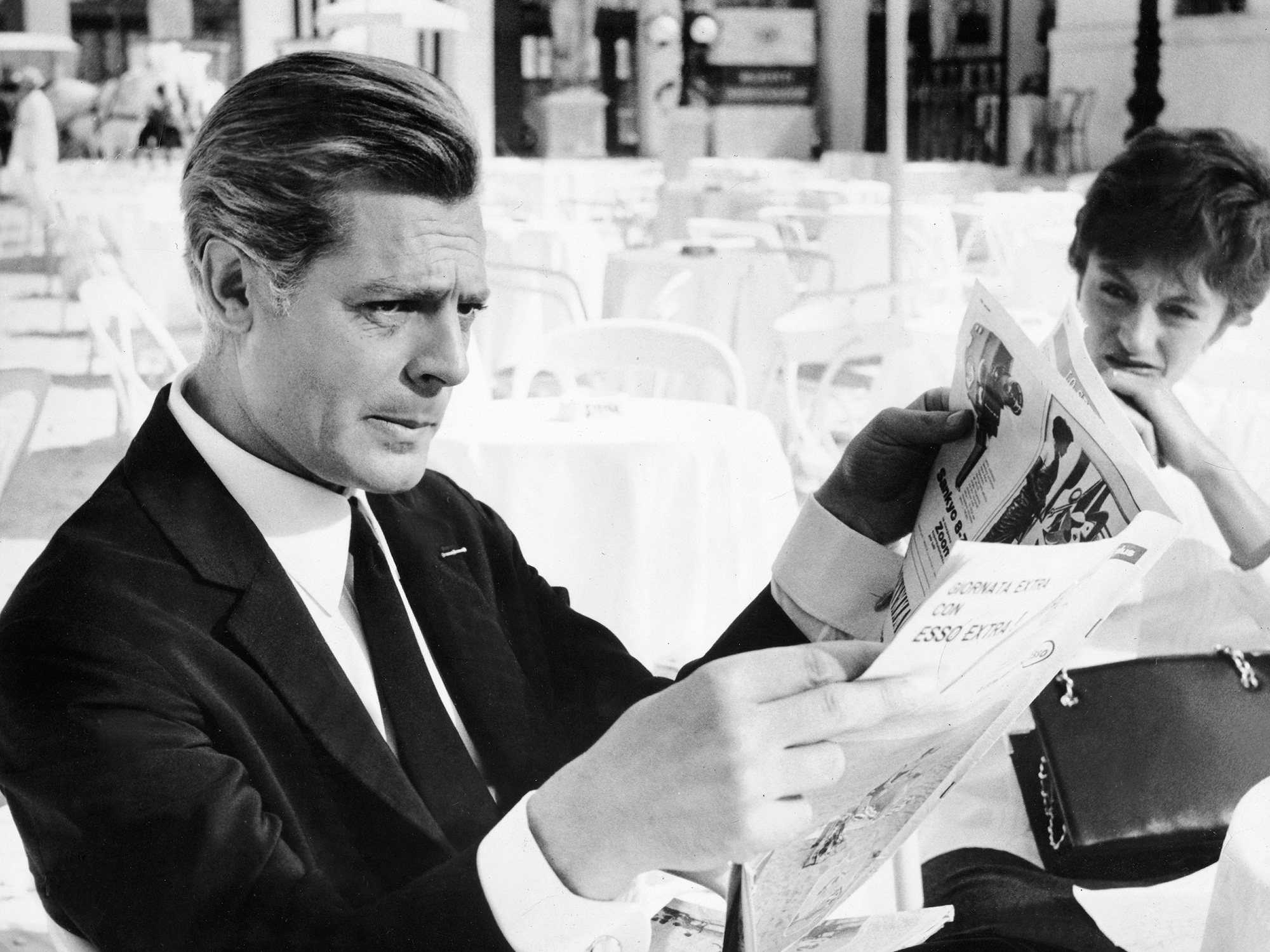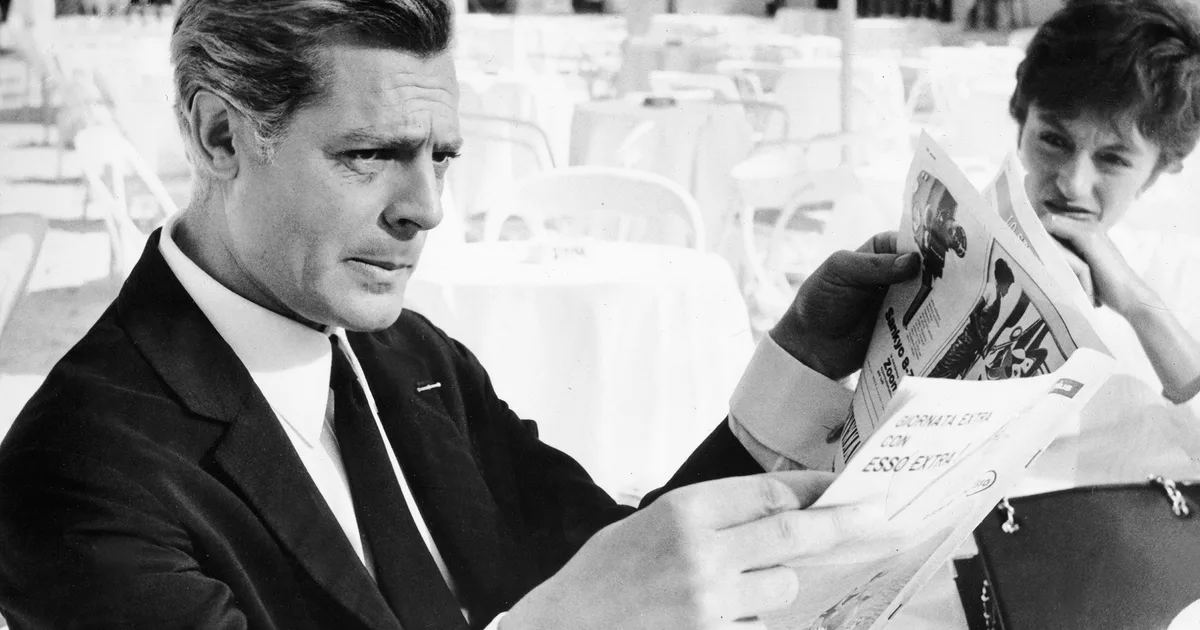
What do you think of when you hear the phrase “la dolce vita”? If, like us, you’re a fan of Italian cinema, chances are one of the first images that will spring to mind is of a man dressed in a tailored black suit and sunglasses, leaning back in a café chair, feet resting insouciantly on a crisp white tablecloth. We’re talking, of course, about Marcello Mastroianni.
Wrapping up our La Dolce Vita partnership with Disaronno for their 500-year anniversary*, we commissioned ace video editor and regular LWLies contributor Luís Azevedo to create a special tribute to Mastroianni — an actor who, over the course of his glittering film career, always seemed to epitomize the notion of a life lived beautifully.
Get more Little White Lies
In Marcello Mastroianni: A Life Lived Beautifully, Azevedo explores how, as the go-to leading man for some of Italy’s most revered filmmakers — most notably Federico Fellini, for whom Mastroianni was as much alter ego as he was artistic muse — Mastroianni became the defining face of Italian cinema during its ’60s and ’70s heyday. Indeed, his breakthrough role in Fellini’s 1960 masterpiece La Dolce Vita introduced audiences to a romantic cosmopolitan ideal that endures to this day.
Yet despite his iconic performances in other classics such as 8½ and La Notte, Mastroianni’s on-screen persona was a lot more complex than his reputation as the undisputed king of cinematic cool suggests. Though he undoubtedly reinforced this image both on and off screen, the characters he played often contained multitudes and contradictions.
Watch the full video essay below, and go to disaronno.com to discover more about Disaronno’s anniversary celebrations.
*1525: The legend of Disaronno begins.

